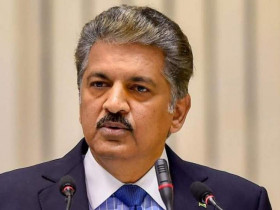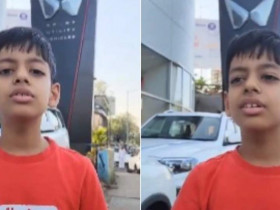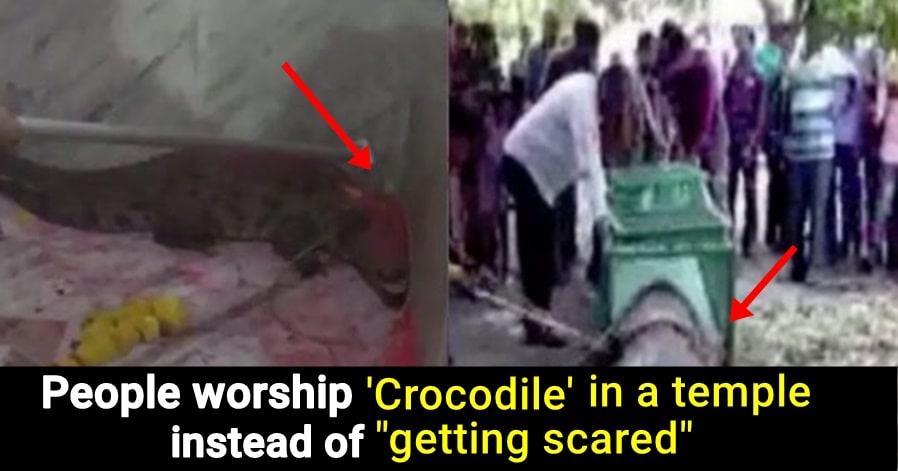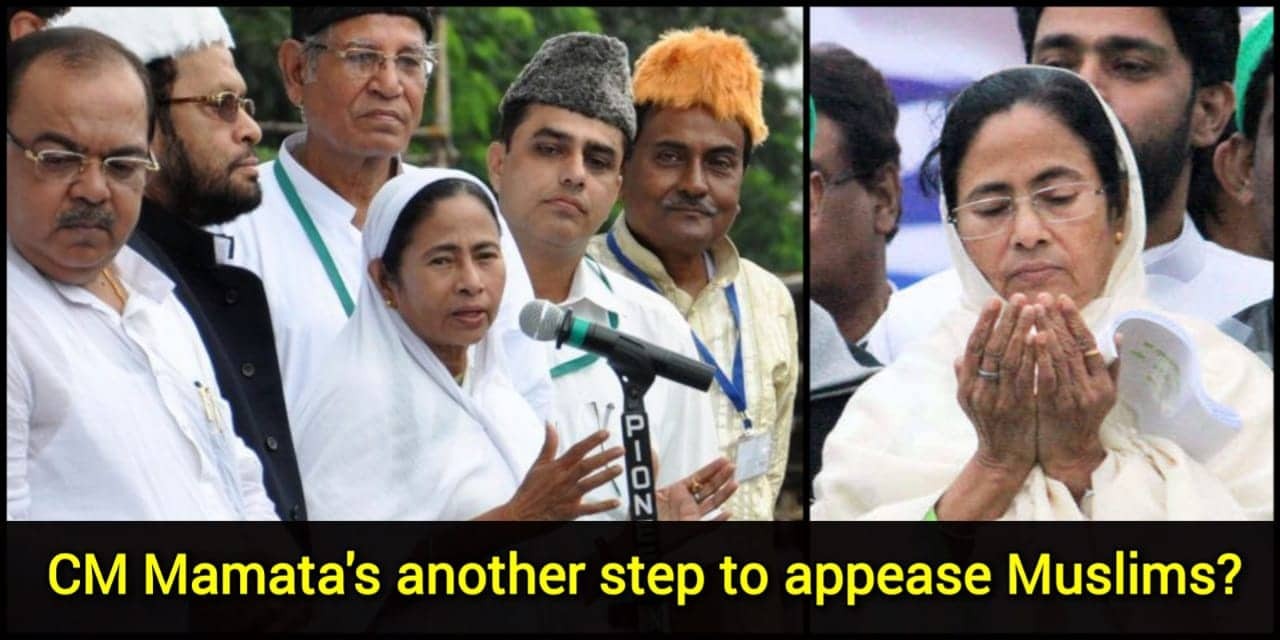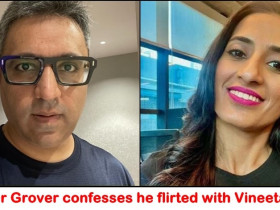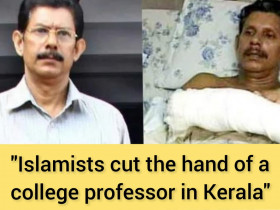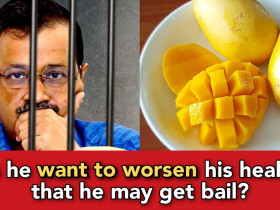The environment is being heavily impacted today due to pollution. That’s why today the country has manufactured electric vehicles. It doesn’t affect the environment and seems to be a much simpler option. The worldwide demand for electric automobiles is rising instantly.
But have you ever wondered what is being compromised for the electric vehicle facility? More than 40000 thousand child slaves are working in the cobalt mines of Congo. It is through their intense hardships and labour that all of you are able to enjoy this convenience.
According to the news, more than 40000 thousand child slaves are being forced to work in cobalt mines in Congo. Child labour is illegal, it spoils the future of children. Electric vehicles are being developed across the country by forcing these children to work in Congo. This is very disrespectful to the rights of all these children. Generally, children between the ages of 8 and 20 work in these cobalt mines. These children work in the cobalt mines in the thick fog, despite the chaos and extremely hard labour throughout the day. Due to this, their health is also affected by this.
However, certain aspects force us to think. Should we support such progress that is deteriorating the future of children and involves humiliation and exploitation? Do we like a development model that leads to poverty and denial of rights? Numerous children are suffering hardships and injustices for our convenience.
The Congolese government needs to understand the dire need to prioritize the protection and preservation of children’s rights. There is a need to consider this so that we can create a world-class development standard, where there can be both progress and justice.
What is cobalt?
The metal cobalt is used in a variety of fields. Also, this metal is used in electric car production. An electric car’s battery contains cobalt. Due to its high resistivity, energy storage, and rarity, it is highly desirable.

